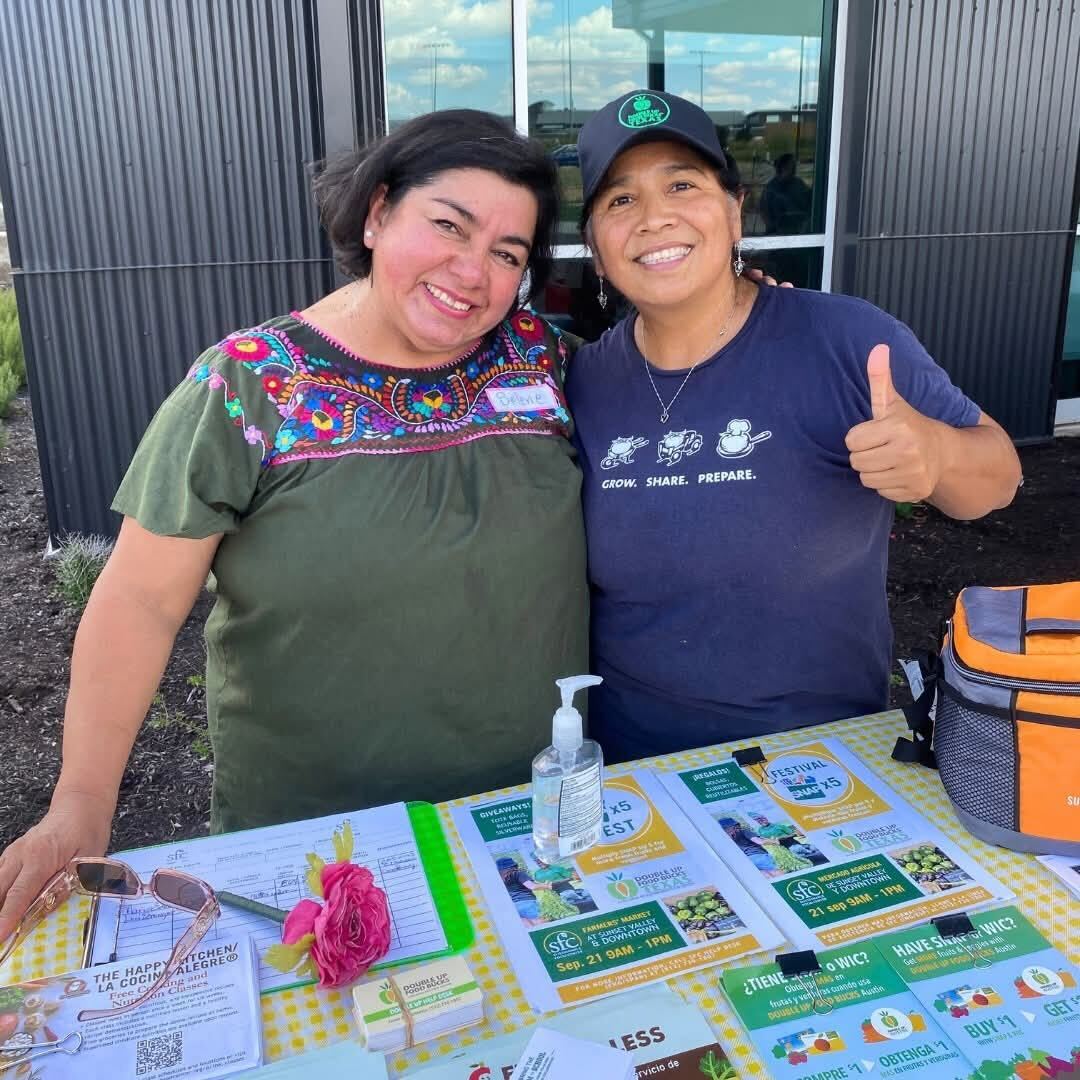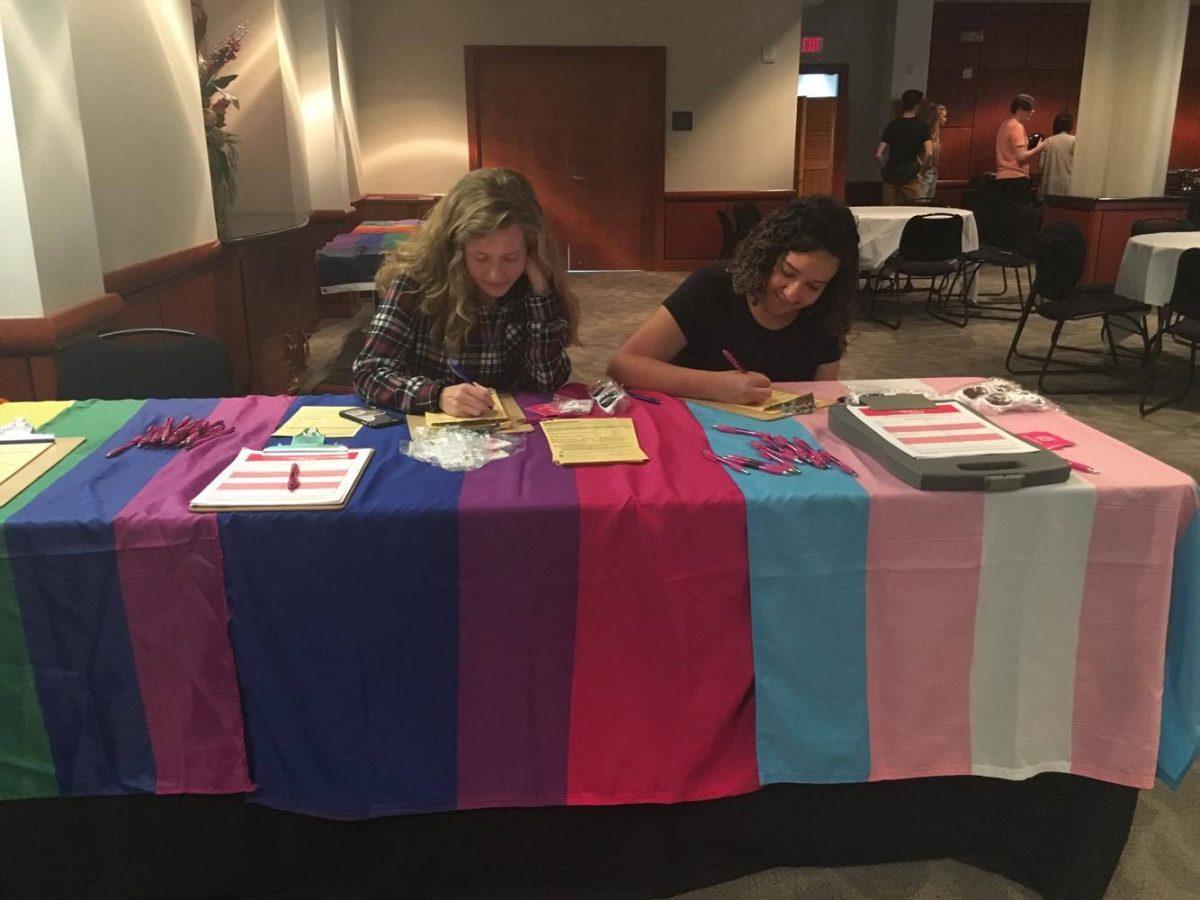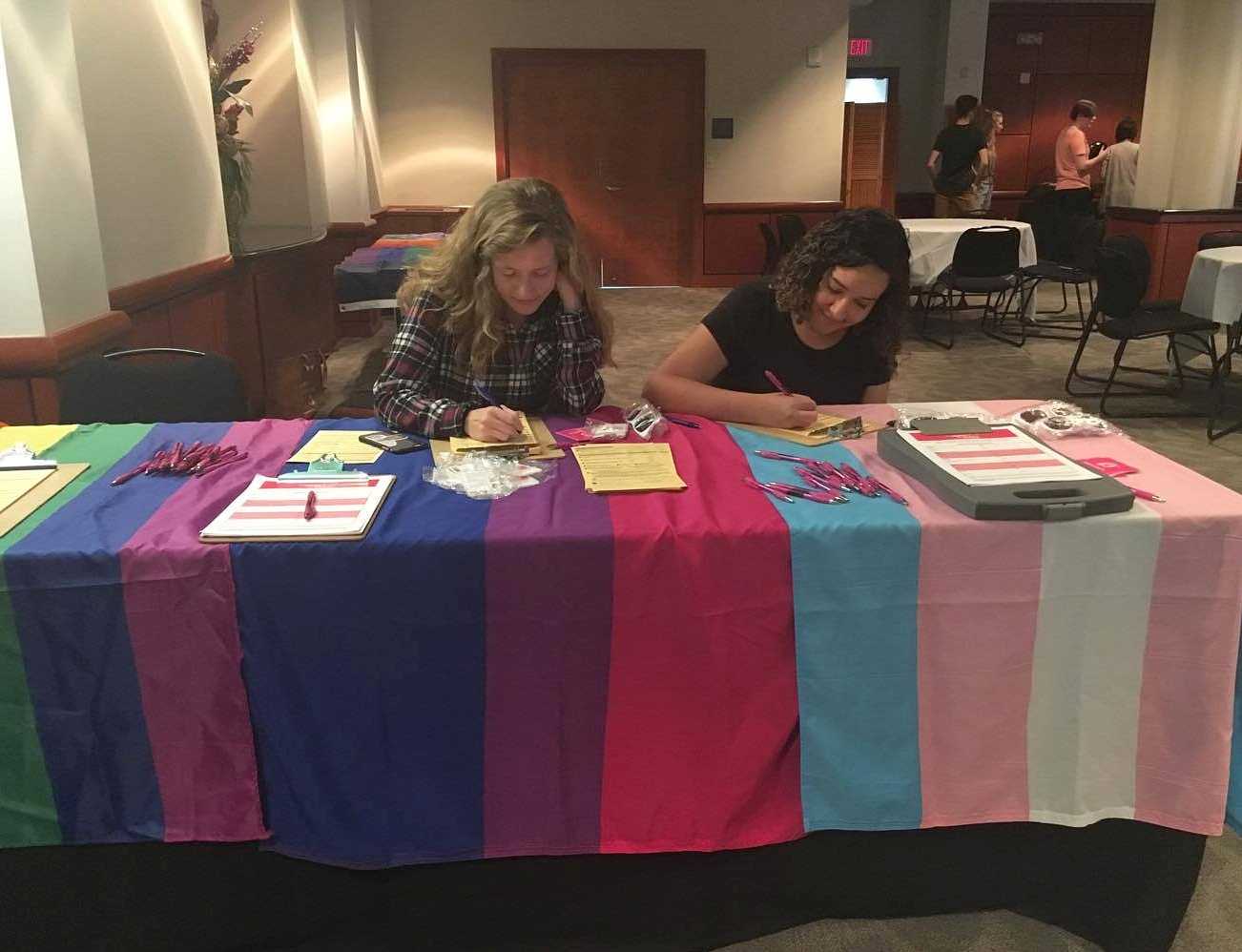Every four years, the American public is faced with an important choice that will impact that state of our country: choosing a leader. Although this year’s presidential election holds a lot at stake for college students specifically, the turnout rates for millennial voters is lower than older age demographics.
Story by Alex Puente
The Queer & Trans Students Alliance of the University of Texas at Austin is hoping to change that. In an effort to inspire college-student-aged voters, the group collaborated with Planned Parenthood to host the Pledge to Vote event, where students could register to vote.
This year, Planned Parenthood launched its “My Vote, My Voice” campaign, a nonpartisan voter registration campaign that encourages people to make their voice heard through their vote. Since Oct. 11 was the last day for voter registration, QTSA teamed up with Planned Parenthood to encourage students to get more involved in the political sphere. Volunteer deputy registrars were present to register students to vote and sign them up for the pledge to vote campaign.
Volunteer deputy registrars help students register to vote.
QTSA Event Coordinator Isabel Cachola says that Planned Parenthood’s past work has been effective in educating voters. “They’ve raised awareness about different reproductive issues in the states and what we could do to help,” Cachola says. “If you’re aware of what’s going on in our country, you’re more likely to go out and vote.”
Community Outreach Specialist Grace Miller was also in attendance, and gave a presentation on reproductive justice and policy. Healthcare concerns, as well as a legislative overview of health-related laws throughout the years, highlighted the government’s involvement in both reproductive rights and oppression.
The presentation pointed out how these issues were relevant to the state of Texas. Over the years, numerous policies, such as the Mandatory Sonogram Law, were passed in opposition of reproductive rights. Texas politicians, such as former Governor Rick Perry and Wendy Davis, have been a prominent part of the reproductive rights movement, each on opposing sides of the issue.
Students in the audience noted that learning about reproductive issues and legislation becomes even more important when seeking out a candidate. “I think Planned Parenthood’s presentation had a lot of valid issues of Texans needing to be educated about any issues on reproduction and sex,” anthropology junior Ashley Carrington says. “Women’s reproductive health has been a hot topic in many debates lately.”
QTSA Co-Director Josh Rudd wanted the event to show students the importance of getting out and engaging within the community during this electoral year. Reproduction and healthcare are only a few of the many issues discussed by the presidential candidates, and Rudd emphasized that not going out to vote won’t make one’s voice heard. “I would say to those who are able to vote but are not willing to this election will have very real and very prolonged effects for many marginalized groups,” Rudd says.
This next president of the United States will be responsible for shaping the Supreme Court, which in turn will significantly impact the progression of our nation’s policies. “I hope that people who participated take the information that they learned tonight and get involved in the political process,” Rudd says. “My goal is to empower students to be able to make educated decisions on who to vote for and how to make change happen.”












































